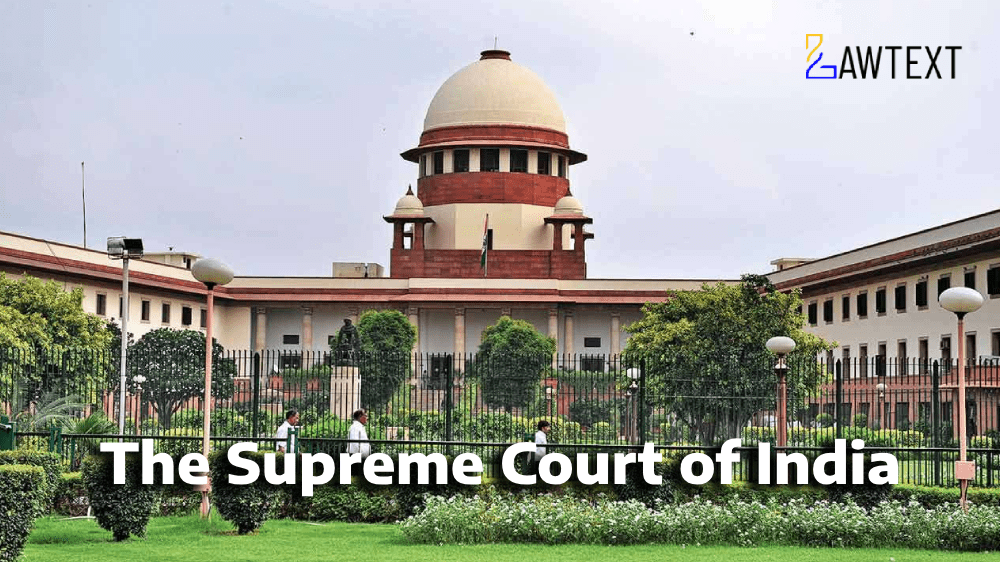CASE NOTE & SUMMARY
The Supreme Court has acquitted seven accused individuals who were earlier convicted of abducting and murdering Neelam on August 30, 1985. The Court found that the prosecution failed to establish a consistent and credible chain of evidence, especially regarding the reliability of witness testimonies and the foundational facts of the case. The decision also highlighted the improper application of Section 34 IPC and lack of evidence proving the presence of the accused at the crime scene.
-
Incident Overview:
- Neelam, residing in her father’s house in Simaltalla, Bihar, was allegedly abducted and murdered by seven accused persons, including the appellants.
- On the night of August 30, 1985, an informant claimed that a group of men, led by the accused, abducted Neelam, and her body was found the next day.
-
Trial Court Proceedings:
- The Trial Court convicted five accused under Sections 302/34 and 364/34 IPC but acquitted accused 6 and 7.
- The prosecution primarily relied on witness testimonies, asserting that the crime stemmed from a property dispute.
-
High Court Appeal:
- The High Court upheld the convictions and overturned the acquittal of accused 6 and 7, sentencing them to life imprisonment.
- The court based its findings on testimonies of family members and circumstantial evidence.
-
Supreme Court’s Decision:
- The Supreme Court reversed both the conviction and acquittal judgments, acquitting all seven accused due to significant discrepancies in witness statements and the lack of direct or consistent evidence.
- The Court emphasized that the High Court erred in reappreciating the evidence without finding concrete fault in the Trial Court's judgment.
-
Background of the Case:
- The case revolves around the abduction and subsequent murder of Neelam, the wife of Ashok Kumar, from Simaltalla, Bihar. It was claimed that she was abducted by seven men on August 30, 1985, and her body was found the following morning.
-
Initial FIR and Investigation:
- The brother-in-law of the deceased, PW18, filed an FIR stating that Neelam was forcefully taken away by the accused. A subsequent investigation resulted in charges being framed against seven individuals for multiple IPC sections, including abduction (Section 364) and murder (Section 302).
-
Trial Court Conviction:
- Five of the accused were convicted under Sections 302/34 and 364/34 IPC, while accused 6 and 7 were acquitted. The trial court based its judgment on witness testimonies and circumstantial evidence but found no motive or participation from accused 6 and 7.
-
High Court’s Reversal:
- The High Court upheld the conviction of the first five accused and reversed the acquittal of accused 6 and 7, sentencing all to life imprisonment. It accepted the witness accounts and found circumstantial evidence sufficient to convict.
-
Supreme Court's Examination of Witness Testimonies:
- The Court found serious issues with the credibility of the prosecution witnesses, particularly PW2, PW4, and PW18. Their testimonies were inconsistent and contradictory, raising doubts about their presence at the scene.
- The Supreme Court also noted the absence of natural witnesses like tenants residing in the same house.
-
Doubt on Residence and Motive:
- The Court expressed doubts about whether Neelam was actually residing in the house from which she was allegedly abducted. No personal belongings were found to substantiate her presence there.
- The prosecution’s claim of property disputes as the motive was insufficient to prove the involvement of all the accused.
-
Issues with the Timeline of Death:
- Discrepancies in the post-mortem report and witness accounts further weakened the prosecution’s case. The Court found that the alleged time of death did not align with medical evidence.
-
High Court’s Error in Reversing Acquittal:
- The Supreme Court highlighted that the High Court did not apply the correct legal standard for reversing an acquittal, as the Trial Court’s findings were not unsustainable.
-
Application of Section 34 IPC:
- The Supreme Court observed that the application of Section 34 IPC (common intention) was flawed as no evidence supported a shared intention among the accused.
Ratio Decidendi:
The Supreme Court held that in a criminal case based on circumstantial evidence, the chain of evidence must be complete, without reasonable doubt. In this case, the prosecution failed to establish such a chain due to contradictory witness statements, lack of corroborating evidence, and improper application of legal principles.
Acts and Sections Discussed:
- Indian Penal Code (IPC):
- Section 302: Murder
- Section 364: Kidnapping or abduction in order to murder
- Section 34: Acts done by several persons in furtherance of common intention
- Section 323, 342, 506: Related to causing hurt, wrongful confinement, and criminal intimidation (later dropped)
Subjects:
Criminal Law, Evidence, Acquittal, Abduction, Murder
Property Dispute, Witness Credibility, Section 34 IPC, Bihar Crime, Criminal Appeal
Citation: 2024 LawText (SC) (10) 41
Case Number: CRIMINAL APPEAL NO. 1031 OF 2015 WITH CRIMINAL APPEAL NO. 1578 OF 2017 CRIMINAL APPEAL NO. 765 OF 2017 CRIMINAL APPEAL NO. 1579 OF 2017
Date of Decision: 2024-10-04
Case Title: VIJAY SINGH @ VIJAY KR. SHARMA VERSUS THE STATE OF BIHAR
Before Judge: [BELA M. TRIVEDI J. , SATISH CHANDRA SHARMA J.]
Appellant: VIJAY SINGH @ VIJAY KR. SHARMA
Respondent: THE STATE OF BIHAR

